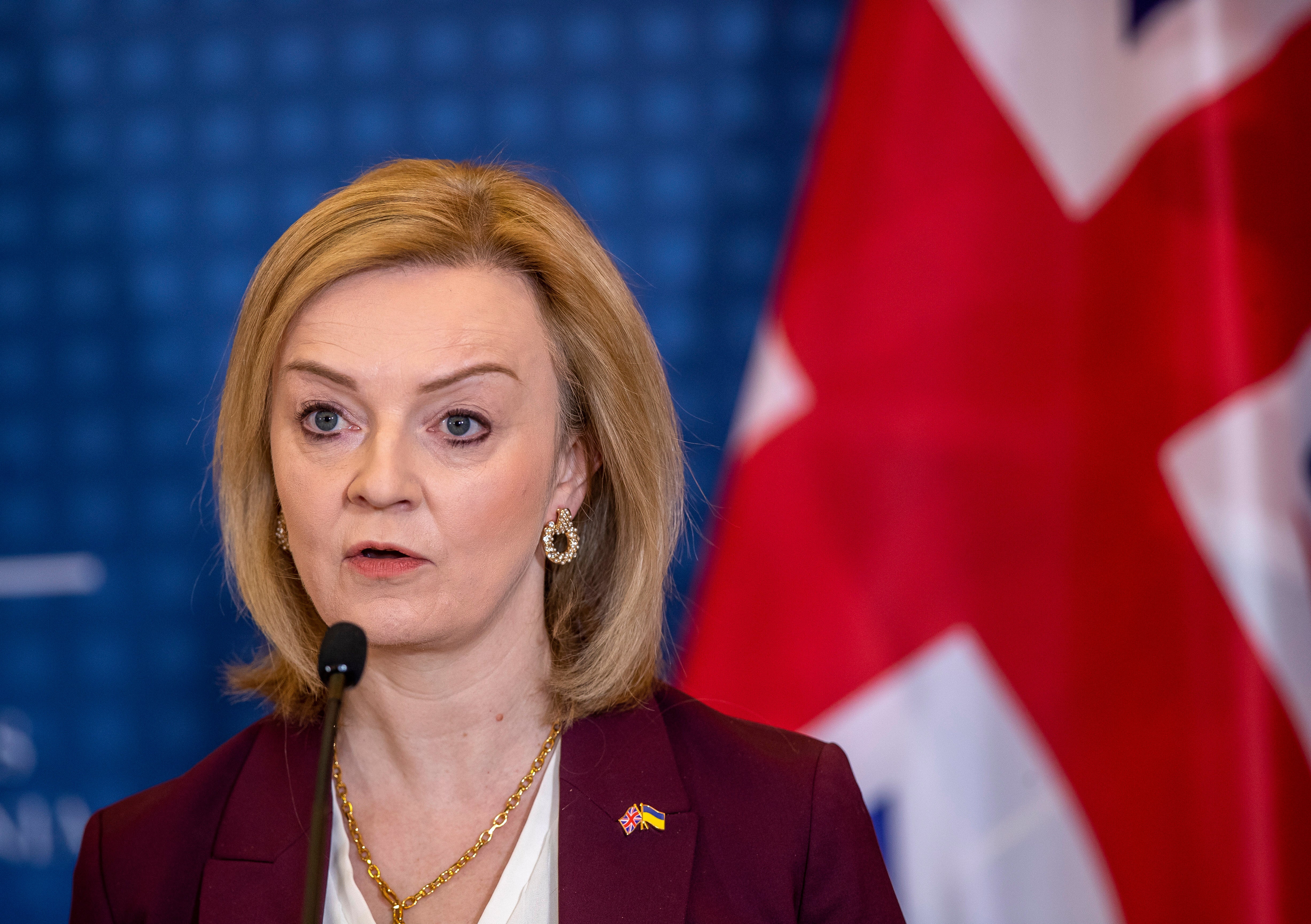Fears of ‘glaring loopholes’ in crackdown on Putin’s allies sending children to UK private schools
Ministers under pressure to stop sanctioned individuals paying through shell companies, or from tax havens

A pledge to stop Vladimir Putin’s allies sending children to UK private schools and universities will be undermined by “glaring loopholes” in legislation, MPs and campaigners fear.
The alarm is being raised over likely gaps in the rules that could allow sanctioned individuals to make payments through shell companies, or from places which are not imposing sanctions on Russia.
The fears come amid confusion over when the measure – promised by the government more than one week ago – is coming into force and how it will operate.
Schools and other education institutions are not covered by money laundering regulations and are therefore not required to carry out checks on the source of their clients’ wealth.
The Conservative MP Alicia Kearns said private schools are “being used as a weapon by our enemies” and that she feared the crackdown will fail to stamp out the use of “ill-gotten gains”.
“I’m very aware of the precedent of people with great wealth paying their school fees through shell companies, through alternative organisations, or even with cash,” she told The Independent.
“We are now putting financial sanctions in place to cut off these dirty roubles, but my fear is that they are going to be able to play the system easily.
“If these people are happy to sit back and let the children of Ukraine be blown up, they should not have their children at our schools, which they see as a fast-track to Oxbridge.”
The organisation Spotlight on Corruption echoed the concerns that front organisations in tax havens are used to pay school fees – allowing sanctions to be dodged.
“There are likely to be some pretty glaring loopholes that will make it easy for individuals to get around this,” said Susan Hawley, the group’s executive director.
“Our understanding is that, if someone pays from a bank account outside of the UK or another jurisdiction with sanctions, then it will not be sanctioned money when it is received by the school.”
More than 2,300 Russians are thought to go to private schools in the UK, which have long been viewed as a way for the country’s super-rich to achieve “legitimacy” in top circles.
When Boris Johnson announced sanctions within hours of the invasion of Ukraine, officials said schools and universities would be banned from taking part in transactions with individuals targeted.
On 13 have been sanctioned so far – drawing criticism of the pace of action – but No 10 has said that many, many more will be in the weeks to come.
MPs were told the education secretary, Nadhim Zahawi, would be responsible for making the crackdown watertight, but The Independent understands his department is not involved in drawing it up.
The Independent Schools Council (ISC) is also waiting to hear details of how the sanction is to be enforced, it is understood.
The campaign group Transparency International has highlighted how shell companies are used to fund places at top private schools and leading universities.
Its investigation found 492 payments worth £4.1m made to 177 different UK educational institutions, all from firms with accounts at banks that have since been closed down by authorities.
Because the institutions are not required to carry out transaction checks, it falls to the banks involved to ascertain where the money is coming from, Transparency International says.
“Whether it’s those with Kremlin connections or individuals accused of corruption, sending children to private schools can be a stepping stone towards integrating into the British establishment and laundering reputations,” spokesman Ben Cowdock warned, earlier this year.
Ms Kearns added: “Private schools are not competent to monitor for money-laundering – nor should they have to – but they are now being used as a weapon by our enemies.”
The Foreign, Commonwealth and Development Office (FCDO) has been asked to set out how the legislation will operate in relation to private schools and universities.
Subscribe to Independent Premium to bookmark this article
Want to bookmark your favourite articles and stories to read or reference later? Start your Independent Premium subscription today.

Join our commenting forum
Join thought-provoking conversations, follow other Independent readers and see their replies